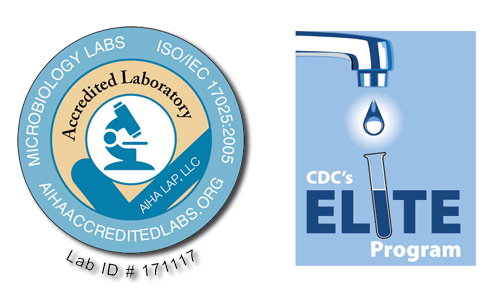Molecular and biological characterization of phytoplasmas from coconut palms affected by the lethal yellowing disease in Africa.
Published: April 9th, 2019
Revised: April 9th, 2019
Côte d’Ivoire lethal yellowing (CILY) is a devastating disease associated with phytoplasmas and has recently rapidly spread to several coconut-growing areas in the Country. Phytoplasmas are phloem-restricted bacteria that affect plant species worldwide. These bacteria are transmitted by plant sap-feeding insects, and their cultivation was recently achieved in complex artificial media. In this study, phytoplasmas were isolated for the first time from coconut palm trunk borings in both solid and liquid media from CILY symptom-bearing and symptomless coconut palms. The colony morphology, PCR and sequencing analyses indicated the presence of phytoplasmas from different ribosomal groups. This study reports the first biochemical characterization of two of these phytoplasma isolates. Moreover, a disc-diffusion antibiotic susceptibility assay revealed that these bacteria exhibit tobramycin susceptibility and cephalexin hydrate and rifampicin resistance. Urea and arginine hydrolysis, and glucose fermentation tests that were performed on colonies of phytoplasmas and Acholeplasma laidlawii indicated that both phytoplasmas tested were negative for urea and positive for glucose and arginine, whereas A. laidlawii was positive for glucose and negative for urea and arginine. The growth of coconut phytoplasmas in both solid and liquid artificial media and the biological characterization of these isolates are novel and important advancements in the field of disease management and containment measures for the CILY disease. The characterization of isolated phytoplasmas will allow for more efficient management strategies in both the prevention of a coconut phytoplasma epidemics and the reduction of the economic impact of the disease in the affected areas.



